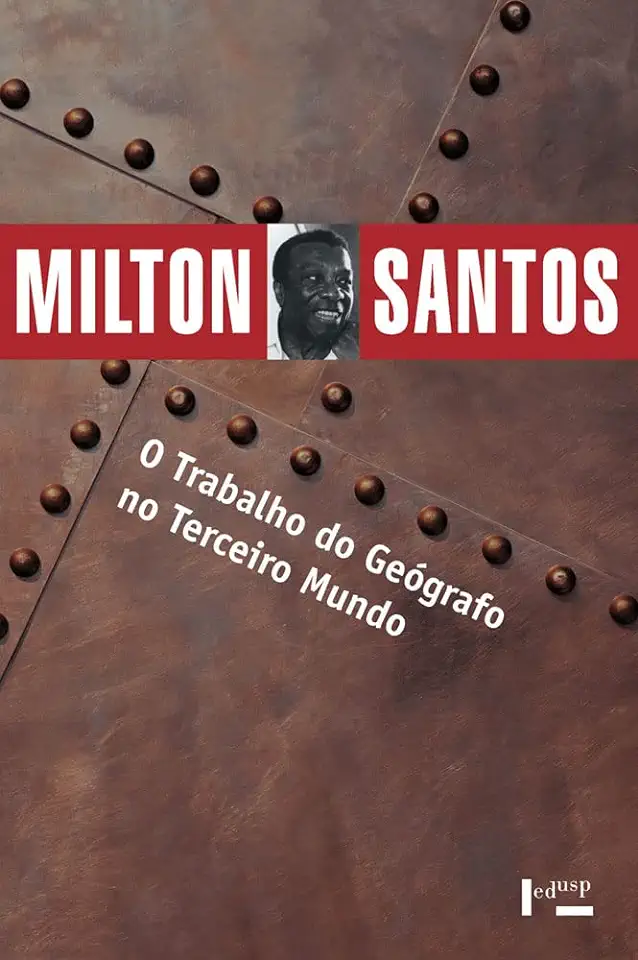
The Geographer's Work in the Third World - Milton Santos
The Geographer's Work in the Third World: A Critical Perspective
Introduction
In his seminal work, "The Geographer's Work in the Third World," renowned Brazilian geographer Milton Santos presents a powerful critique of the traditional approaches to geography and their application in the context of developing countries. Santos argues that geography has often been used as a tool of domination and exploitation, serving the interests of powerful elites and perpetuating inequalities. He calls for a new, more critical geography that is rooted in the realities of the Third World and that can contribute to social justice and human liberation.
The Traditional Approach to Geography
Santos begins by examining the traditional approach to geography, which he characterizes as being based on a Eurocentric worldview and focused on the study of physical features and natural resources. This approach, he argues, has often ignored the social, economic, and political factors that shape the landscapes of the Third World and has contributed to the marginalization of these regions.
Santos also critiques the traditional emphasis on objectivity and neutrality in geography. He argues that geography is inherently political and that it is impossible to study the world without taking into account the power relations that shape it. He calls for a more engaged geography that is committed to social justice and that seeks to empower the marginalized.
The Third World and Dependency
Santos devotes a significant portion of his book to an analysis of the Third World and the concept of dependency. He argues that the Third World is not simply a collection of poor countries, but rather a product of historical processes of colonialism and imperialism. He shows how the economies of the Third World have been structured to serve the interests of the developed countries, leading to poverty, inequality, and environmental degradation.
Santos also critiques the dominant development models that have been imposed on the Third World by international financial institutions and development agencies. He argues that these models have failed to address the structural problems of underdevelopment and have often exacerbated poverty and inequality. He calls for a new development paradigm that is based on self-reliance, social justice, and environmental sustainability.
A New Geography for the Third World
Santos concludes his book by outlining a new geography for the Third World. He argues that this new geography must be based on the following principles:
- It must be rooted in the realities of the Third World and take into account the social, economic, and political factors that shape these regions.
- It must be critical of the traditional approaches to geography and the role that geography has played in perpetuating inequalities.
- It must be committed to social justice and human liberation and seek to empower the marginalized.
- It must be interdisciplinary and draw on a variety of disciplines to understand the complex challenges facing the Third World.
Santos's book is a powerful and provocative critique of the traditional approaches to geography and their application in the context of the Third World. It is a must-read for anyone interested in understanding the challenges facing developing countries and in finding ways to promote social justice and human liberation.
Conclusion
"The Geographer's Work in the Third World" is a seminal work that has had a profound impact on the field of geography. It is a powerful critique of the traditional approaches to geography and a call for a new, more critical geography that is committed to social justice and human liberation. Santos's book is essential reading for anyone interested in understanding the challenges facing the Third World and in finding ways to promote a more just and sustainable world.